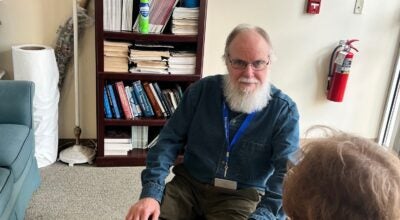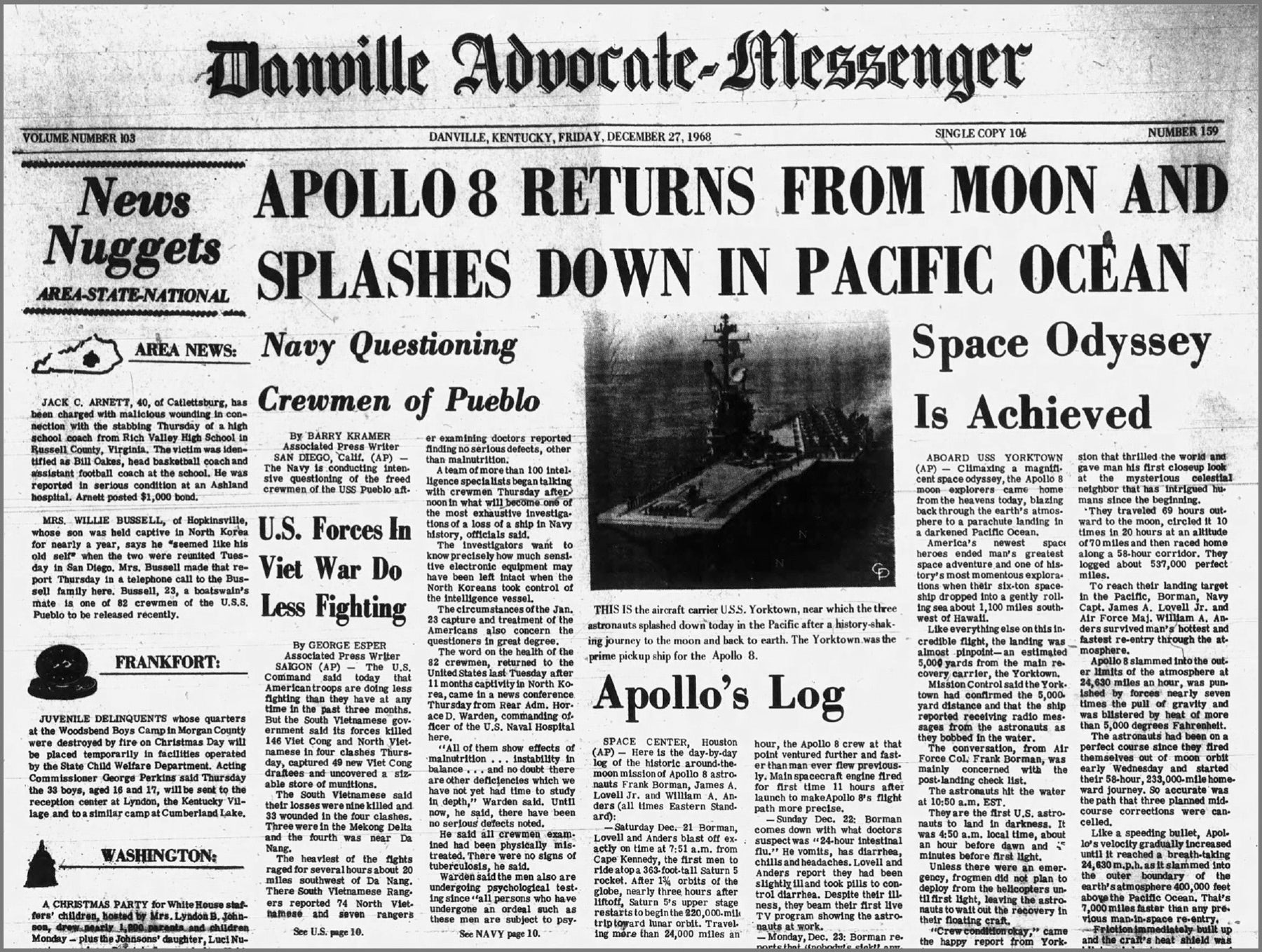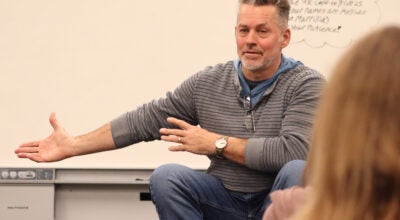Life matters
Published 9:06 am Monday, April 3, 2017
Between two chimneys
You’ll see them on Ky. 88, a few miles east of Monroe, not far from Hawg Daddy’s Barbeque. They’ll be on your left, if you’re traveling west, towards Greensburg. But you’d better look quick, or you’ll miss them.
Two chimneys, the stark remains of what was once a farm house, are sticking up from the ground, standing erect like a couple of tomb stones, maintaining their proud posture where they were first birthed, brick upon brick from the ground up, there for all to see, stacks of stones defying the winds of time, reminding passers-by that the vanished home’s chimneys yet serve as bookends, holding between them the story of the lives the fireplaces once cradled in a warm embrace.
But don’t worry if you never travel that way.
You’ll find them in dozens of other places too, like I have, along Oklahoma Highway 62, just to mention one, between Altus and Headrick, where the nubs of those sod houses built by early settlers in Southwest Oklahoma have somehow survived to tell their story, too.
You don’t have to travel far to find the remains of what once was.
“Someone must have lived here years ago,” I tell my grandson on one of our little hikes behind my house.
“How do ya know, PopPop?”
“Just look at how those are rocks piled up in formation over there,” I observe, speaking like I’m some learned archeologist.
“I wonder what they did? How they lived?” I ask aloud while my grandson digs in the dirt at my feet.
Between the two chimneys, or in the sod houses, or the remnants of that old foundation — what took place?
People lived ordinary lives, I suppose, or else there would be some marker to inform us otherwise.
Between the two chimneys people were doing the daily stuff we do, only in another place and time.
They worked, they played, they loved, they hated, they won, they lost, they lived, they died.
As kids, they dug in the dirt while their elders pondered the meaning of their ordinary lives.
Few if any of us will live in The White House, or play quarterback for a Super Bowl Champion team, or speak to thousands at Madison Square Garden.
But you might, if you pause long enough, get to wipe the tears from a frightened child, enjoy a pot roast on a Sunday afternoon after the preaching is finally done, and drift into an afternoon nap while watching your favorite team lose a baseball game. And you might get to wake up the next morning to the aroma of freshly brewed coffee, go to work, provide for your family, and take pride in knowing you did your best for that day, even if no one but you will notice or care about that extra time you took making sure it was done just right. And after work, you might take a walk down the street or lane where you live, and later that night, after putting those babies to bed, you yourself might fall to sleep quite exhausted — in an ordinary bed, in an ordinary place, resting through an ordinary night.
The 17th Century Jesuit, St. John Berchmans, said, “My penance is to live an ordinary life.” He meant the “common life,” life in communion with the brothers of his holy order. That was “right living,” for him. It was living the life God called him to live, which for him, meant not aspiring to political prominence as pope, or a bishop, or even an abbot. It was doing what he believed God called him to do, finding the extraordinary in the ordinary, doing a common thing uncommonly well.
When we do that, what seems ordinary, is elevated to the realm of the extraordinary; the “holy other,” sprinkles our familiar with an unfamiliar, mystical presence.
When do live an ordinary life in an extraordinary way — that is, when we follow our calling, receiving each moment as a gift from God — our lives may look ordinary, but they are not, not from heaven’s side.
Someday, on the way to someplace else, I’d like to see a historical marker, grabbing the attention of any traveler curious enough to stop and read, “Between these two chimneys once lived an ordinary family, doing the things ordinary families do, counting their ordinary days as extraordinary gifts from God.”
Contact David Whitlock, Ph.D., at drdavid@davidwhitlock.org. or visit his website, davidwhitlock.org.





